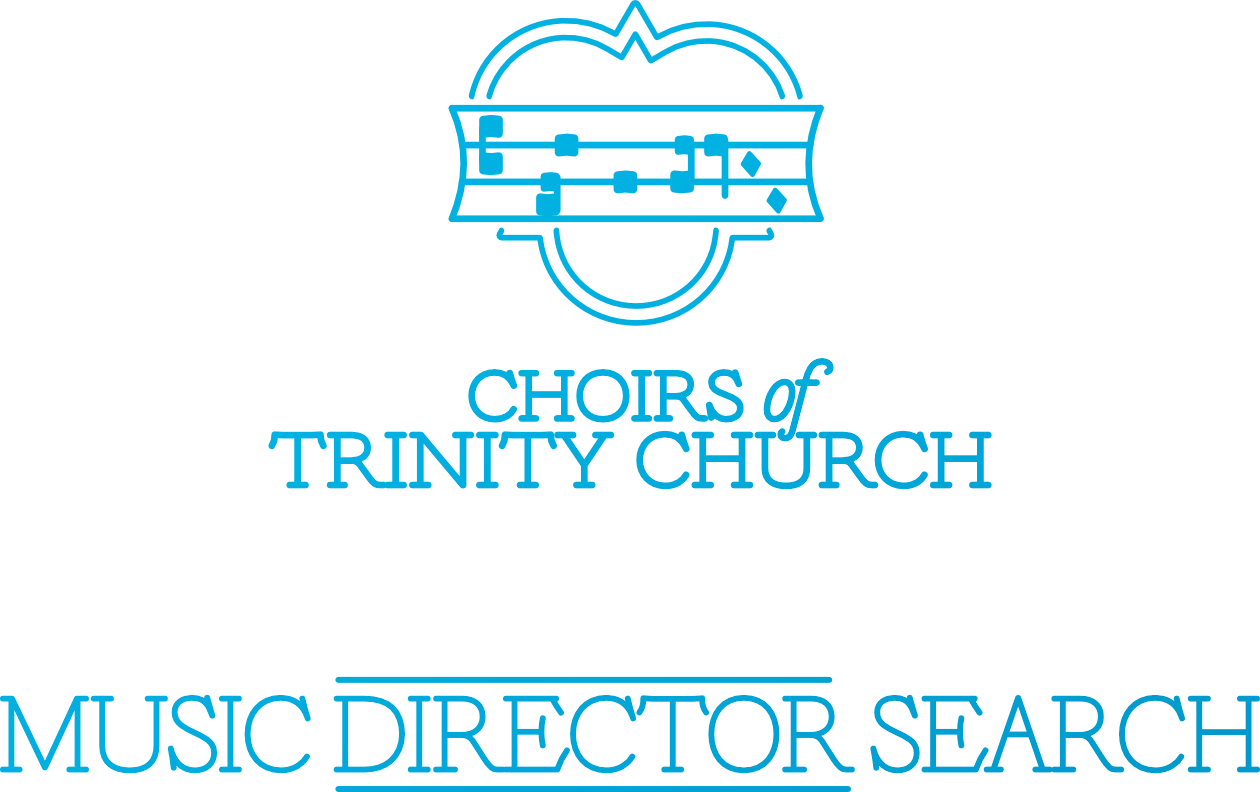Recently, I took a trip to the Pacific coast of Canada to visit dear friends, a wonderful trip. The day I left I was at the airport at 5am, on the plane at 6am, and already for take-off, when we heard: “Ladies and Gentlemen, this is your Captain…“.
That day was January 11, the day that all the flights in the United States were grounded because of a computer glitch in a nationwide safety-critical system of the FAA. We got off the plane and waited. I decided the only thing I really could do was rest. Shortly thereafter we reboarded and were able to take-off, because Newark was one of the first airports to open when the system was up and running again.
It was good to see my friends and I did as much as I could, as quickly as I could, in as many places as I could, in the time that I had there. When the day came for me to return home, I was up at 5am and on the road in the dark to arrive at airport by 7am. By 9am, I was on board, settled in, and ready for my cross-country flight. And then we heard “Ladies and Gentlemen, this is your Captain…”.
The conveyer belt ramp which lifts and loads luggage onto the aircraft had been moved toward the plane too fast and too far, banging into it and damaging it. When does something like that ever happened!? We were informed it would be a minimum of two hours before a repair crew could arrive, and then we would see when we could take-off after that. Of course, there was the usual scramble for re-bookings, but I was fortunate to have already been re-booked: All I had to do was wait for 13 ½ hours to leave, at last, at 12am midnight.
It was actually a very nice day out. I was able to go for a walk, read a book, work on a sermon, and have a nap. When, at midnight, we finally boarded the plane, I learned why we had had a 13 ½ hour wait: the plane itself had been repaired hours before, but by the time the plane was ready to go, the crew had been on duty so long they were now mandated an eight hour rest. I felt impatient at that. I pondered that a moment, how I had to wait while they rested, and it occurred to me that, in our faith, in our scriptures, it is a commandment to rest.
Sabbath rest. And it is a commandment for a reason. It is crucial for the well-being and health of our minds, our bodies, and our souls, that we rest. Truly rest. In my experience lately, as we ramp up for the Spring Academic term, gear up to be fully functional as a community of faith post-Covid, that rest is not necessarily built in to everyone's plan. Surely, it cannot be that it is only among the flight crews of airlines that mandated rest is actually being honored!
Sabbath keeping is a religious practice, commanded by God for our well-being. But the Sabbath rest also has ethical implications that are part and parcel of God‘s commandment. Keeping Sabbath means providing rest not only for ourselves, but for other workers, and animals, and the land. Sabbath rest is a matter of honorable treatment and justice for all of creation. Sabbath rest gives time and gives space to the consideration of God’s genuine hope for the whole world.
Building a day of rest — or maybe just half of day if we need to start small, into the regular rhythm of our week-to-week lives takes planning, discipline, and the absolute conviction that it is the right thing to do. Our culture will tell you otherwise, but our God commands us to rest. There is a prayer in the prayer book, number 59 onn page 832, “For quiet confidence,“ and it is drawn directly from the Prophet Isaiah, 30:15. It reads:
Oh, God of peace, who has taught us that, in returning and rest, we shall be saved, in quietness and confidence shall be our strength: by the might of your spirit lift us, we pray, to your presence, where we may be still, and know that you are God; through Jesus Christ, our Lord. Amen.
I commend this prayer to your use and I pray we shall all find a regular rhythm to rest in the presence of God and be rejuvenated for the times ahead.
Faithfully,



















